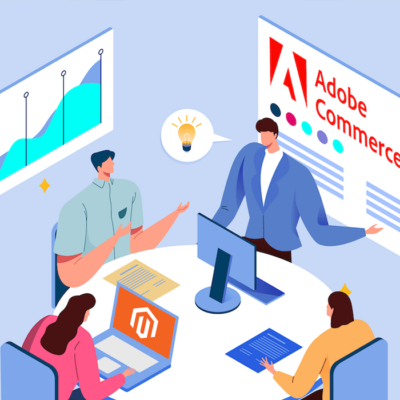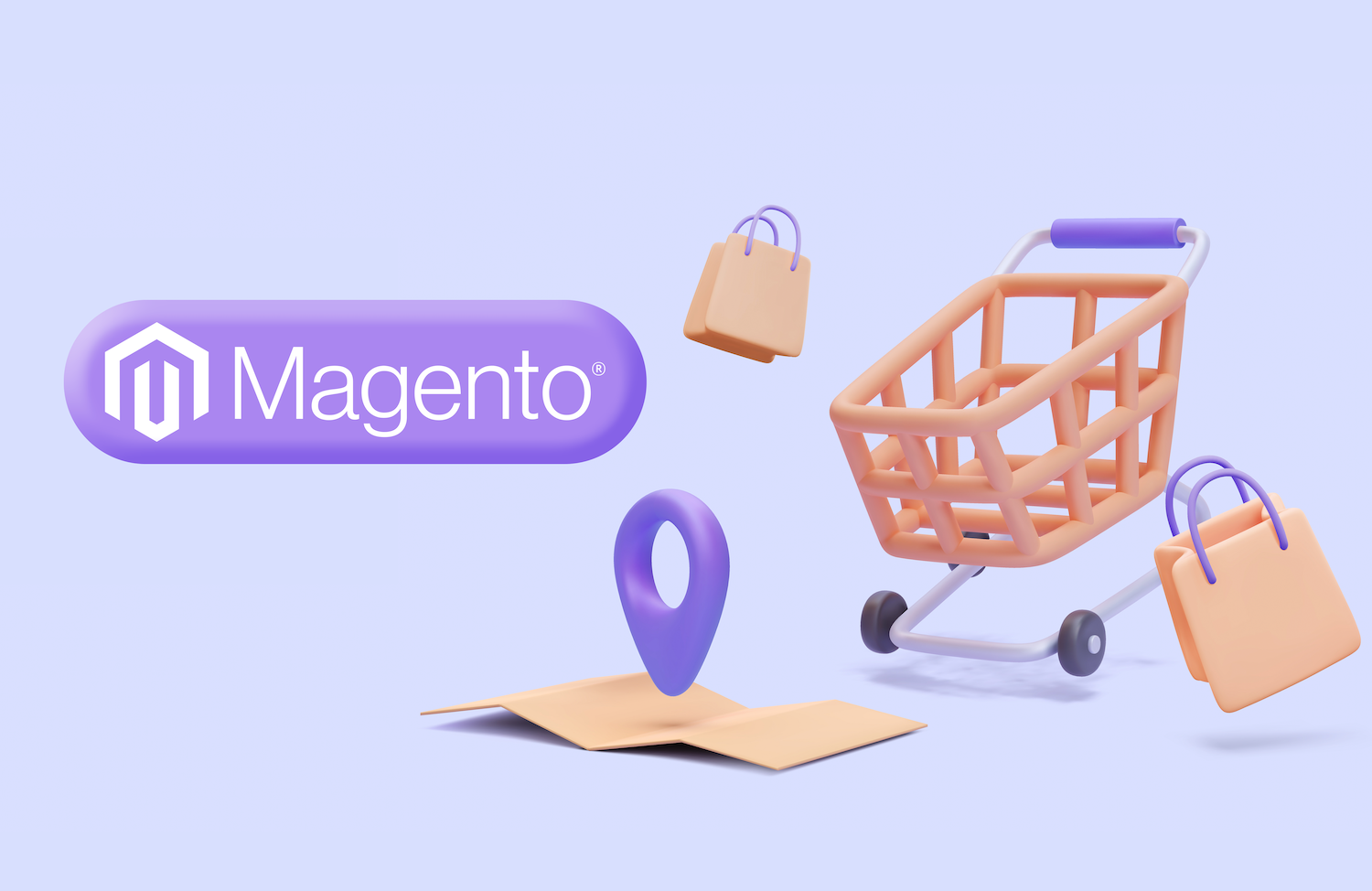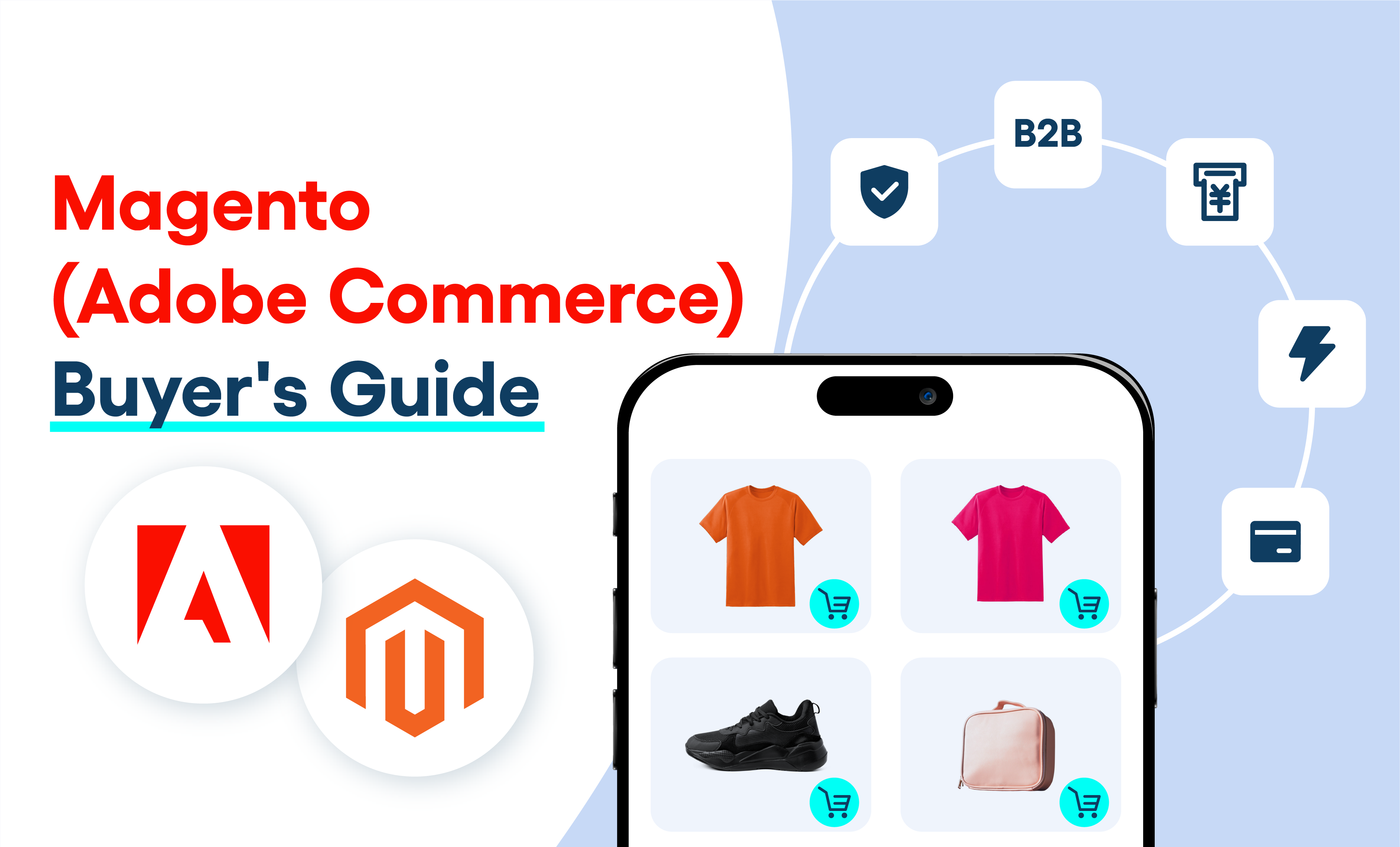Everyone's talking about taking offline businesses online recently - Taking Your Offline Business Online in 2020The Coronavirus has shown the vulnerability of purely offline businesses. Now is the time to start looking into taking your offline business online.including us! But what exactly does 'digital transformation' mean for a company? What are the ways companies can embrace the Internet to enhance their business? In this article we touch on a few of the major paths companies can take towards digital transformation.
Online Retail

The most obvious way a company can go online is to start selling their products online. One way this can be done by setting up their own eCommerce website to sell their products. Alternatively, some companies build a mobile app rather than a traditional website, as more web traffic moves to mobile. Another way is to set up a store on an existing third party marketplace. This involves less work on the company's end, and gives access to a large existing user-base. However, it can be expensive, and standing out from the crowd can be difficult. This in turn drives up cost of user acquisition. Yet another way is to explore a less conventional sales channel such as direct selling or social selling.
Increasingly, companies exploring this digital sales model are also combining their offline and online businesses so as to let each complement the other. Orders can be placed online for offline pickup at a local store. Or orders made in-store can link to the online site to arrange delivery at a later time, so customers don't have to carry their purchase home. These and many other innovative omni-channel strategies have been used to great effect in recent years to create synergy between a company's traditional offline business and its online side, without one cannibalizing the other.
Online Delivery

This online-enabled business model is most familiar to us as consumers through the food and beverage (F&B) industry. Food delivery (or "Waimai" in China, where this kind of service has become ubiquitous) has enabled many smaller or out-of-the-way F&B businesses to access a greater audience and serve more customers than they previously had capacity to host. Offline delivery services meanwhile rely on unpopular and frequently ineffective leafletting and other campaigns to spread word about a business. Online allows delivery options to be provided to consumers hassle-free, on request.
Recently, this has expanded beyond dedicated food delivery portals where many restaurants compete. Many restaurants now use dedicated apps and Mini-Programs within more popular apps. This further widens customer access and providing greater platform control to the business in question.
In China, online delivery has also expanded beyond the more typical F&B application. Almost anything from over-the-counter medicines and toothbrushes to pencils and water pistols can be ordered on the more general delivery apps, and arrive within hours. This model has yet to firmly establish itself around the world, but is one to watch.
Online Customer Services & Experience Enhancement

One of the most common forms of online customer service is online booking (for tickets, reservations, appointments, and so on). The other prominent form is support - typically through online communication with a support representative or automated chatbot. Recently, emerging technologies like Augmented Reality (AR), Virtual Reality (VR), and Mixed Reality (MR) have also started to appear in this area. Consumers can view products before buying, and visually interact with them.
These solutions share a focus on enhancing customer experience. This focus is on positive, convenient interactions between customers and businesses. Certainly this is an area which many brands are actively pursuing. Therefore it may be wise not to fall behind on this front. Otherwise customers may become dissatisfied with offline businesses and their lack of convenience in comparison. Additionally, this offers the opportunity to get ahead of the pack yourself. You can do this by providing services tailored to customer needs that perhaps no competitor yet offers. This helps good service and pleasant experiences becoming associated with your brand in your customers' minds.
Digital Marketing
This is perhaps the hardest to ignore of all the items on the list. Traditional forms of advertising like billboards, magazine ads, and TV commercials are being eroded by new online equivalents like banner ads, search engine marketing, and online video content. The Internet has essentially become a utility at this point, an essential part of most people's everyday lives. This means that there are near-limitless times and ways to communicate marketing messages to them.
Digital marketing reached maturity some time ago, and is now growing into unexplored territory. Far from merely replicating offline models online, digital marketing is now exploring methods entirely unique to it. One example from recent years is the rise of influencers. This has drawn a great deal of brand attention who saw them as a way of achieving a kind of grass-roots, authentic endorsement. Traditional celebrity promotions aren't able to achieve this effect, and so influencers provide a new angle of attack for advertisers. As such, we've seen interest and investment in influencers (or key opinion leaders, 'KOLs') grow considerably.
Digital Payment/Mobile Point of Sale

Another customer convenience-oriented IT Solution, digital payments are becoming increasingly popular and a more common customer expectation. Many brands also find that digital cashflow is more convenient than cash, and so are happily integrating such solutions into their payment systems. Certainly, as with previous modes on this list, these can provide a customer experience advantage over purely offline competitors.
Online/Cloud-Based HR Management
Digital transformation isn't limited to just direct ways you can interact with consumers and clients. It can also enhance the way you run and manage your business and internal operations. Operations such as payroll management, expenses and reimbursements, attendance and absence records, and tracking of reports and internal trainings can all be made smoother and more reliable through digitalization.
When you throw the cloud into the mix, you can also provide greater flexibility and reliability. Security is certainly a concern, but when supported by a robust security solution, the cloud has a lot to offer. Enabling access to internal HR systems and operations from anywhere makes cross-campus and cross-department coordination and management simpler. Additionally, remote work and staying on-task even during business trips become possible.
Remote Document Management, Cloud Storage, and Remote Access

Similar to cloud-based HR management, digital transformation can make internal storage and archives accessible from anywhere, any time. From simple access to internal documentation from outside of the office to full remote access of systems and workstations from anywhere around the world, remote access and cloud storage technologies can make company work more flexible and efficient for many employees.
During the CoViD-19 pandemic, many companies realized the value of employees being able to work remotely. In this modern era, this kind of flexibility can mean the difference between business disaster and business as usual.
Virtual Team Management, Communications, Meeting & Conference Tools
Digitally transforming how your company works isn't just limited to helping HR do their job and letting employees access their files and workstations remotely. Intra-office communications have never been simpler, thanks to powerful suites of communications tools. Email has been the standard for decades now for communication that leaves a paper trail, but for quicker and less formal communication several instant messenger solutions have emerged. Similarly, video conferencing has become popular, boosted by a surge of interest due to the recent pandemic.
Cybersecurity Solutions

With each step forward comes its own associated risks. The more digital and online-integrated a company becomes, the more this can be potentially exploited by malevolent actors online. That's why most companies opt to implement some kind of cybersecurity system, or outsource this work to a reliable firm. The good news is that many cloud service providers and the like have their own proprietary or integrated security solutions to help keep client information confidential without the need to reach out to a third-party.
Other Online/Custom-Built/Cloud-Based Business Support Systems
We've covered most of the major ways in which companies digitally transform their business or operations. But there are still other ways that don't fit neatly into one of the above categories, or may be the first entries in entirely new categories that have yet to fully emerge. As such, it's always good to keep an eye on developments in technology that might be relevant to your business space. Examples of specific online or cloud-based solutions include enterprise resource planning, online workflow approval systems, and robotic process automation.










